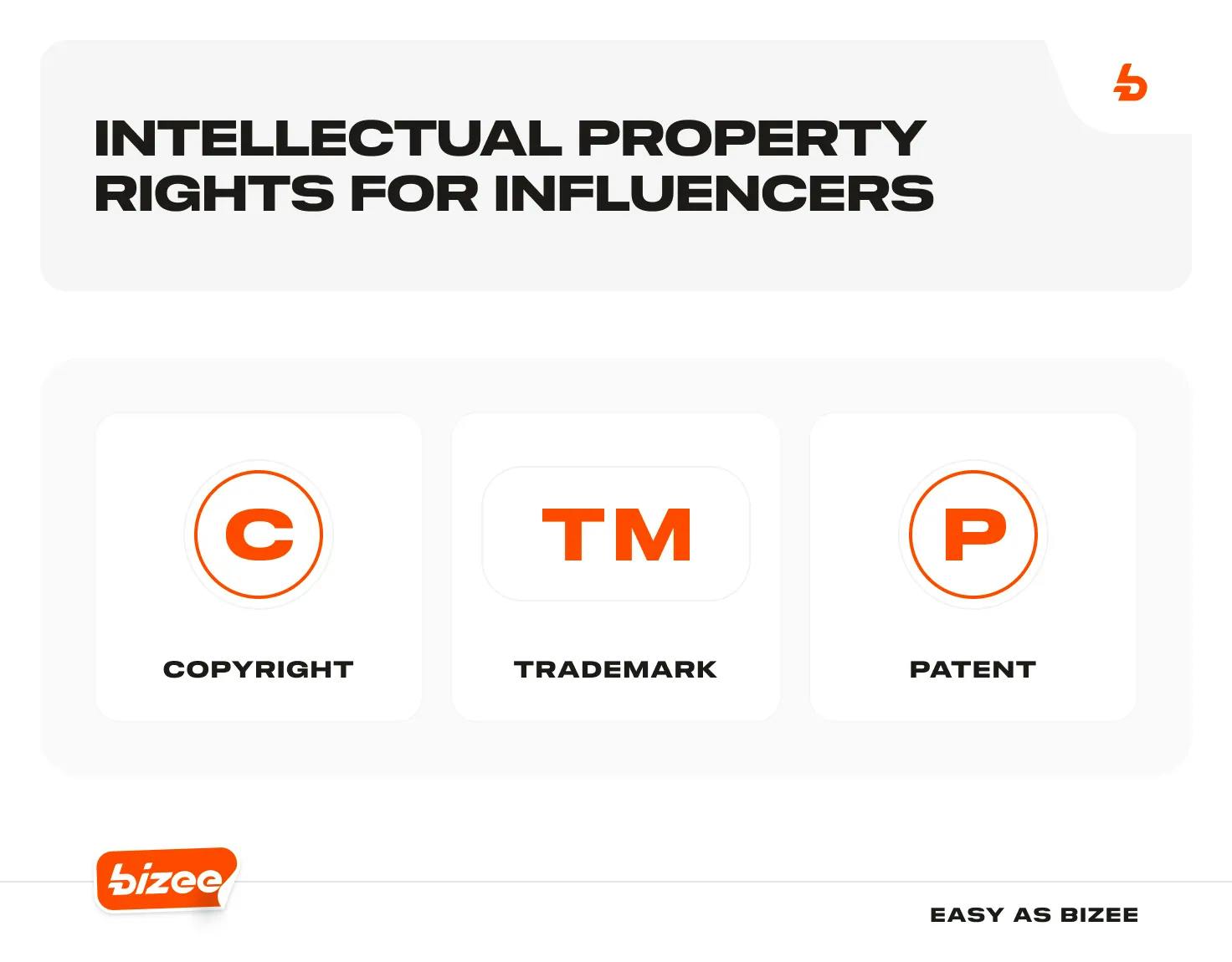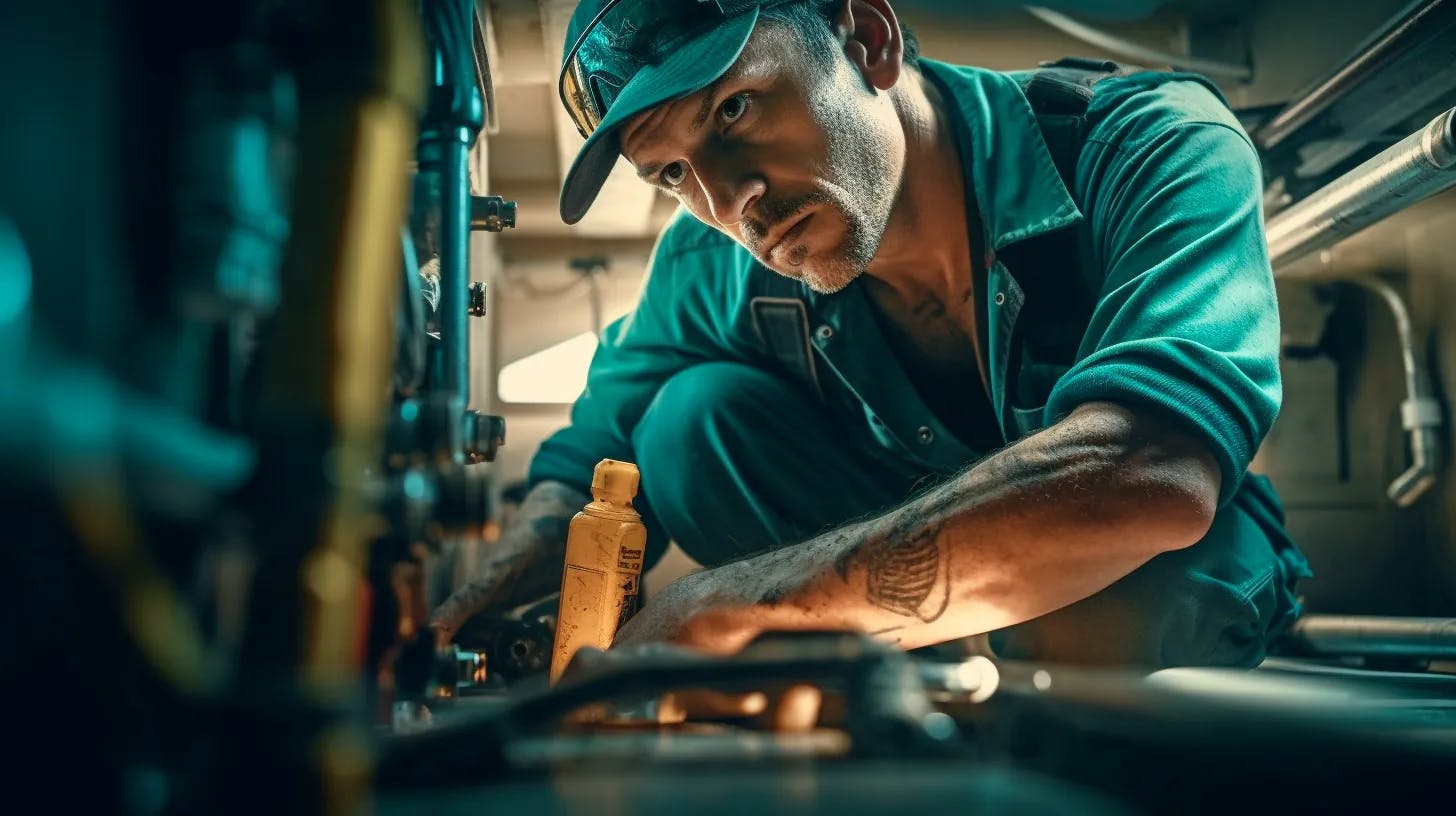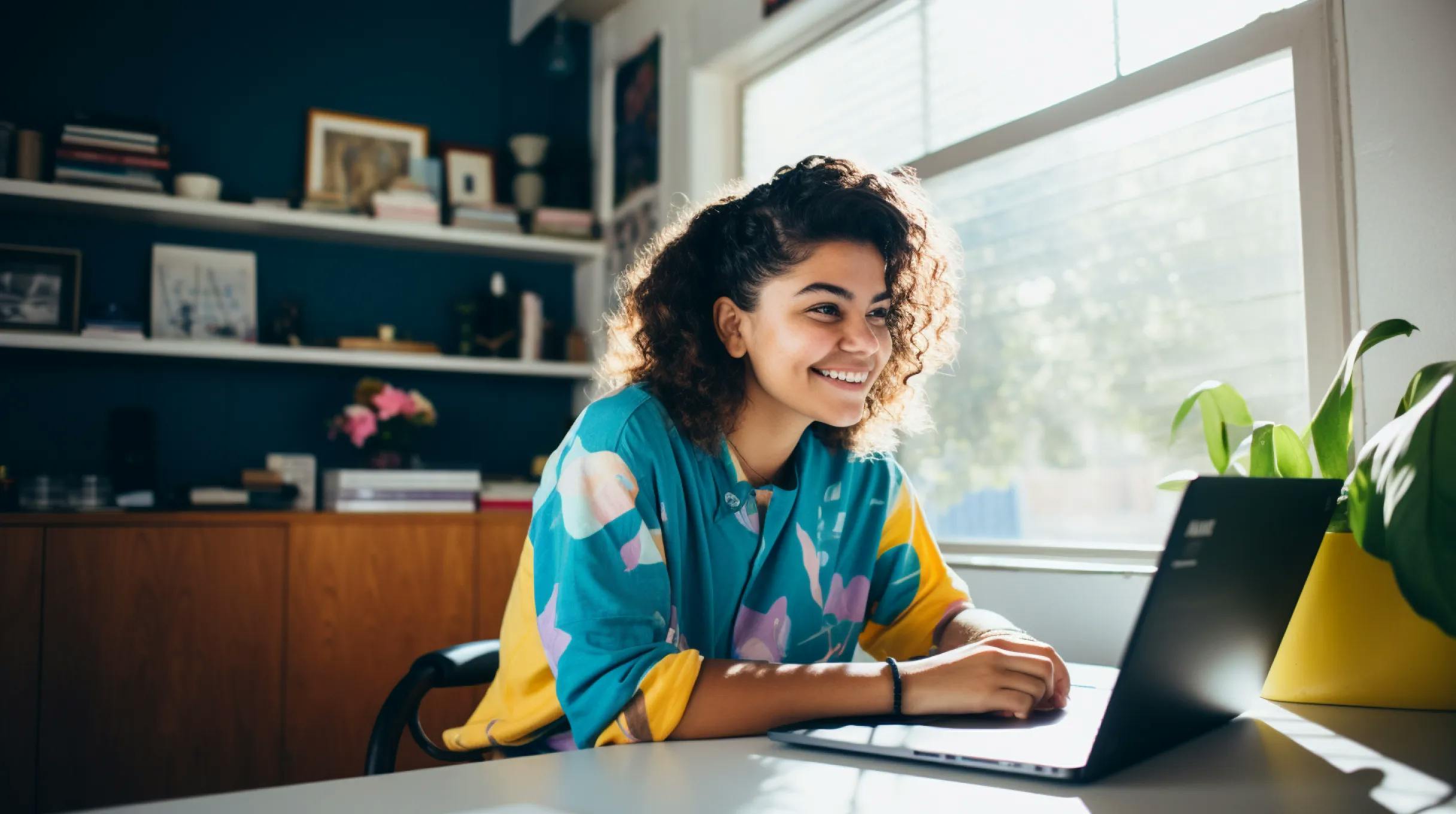Please note: This post contains affiliate links and we may receive a commission if you make a purchase using these links.
TABLE OF CONTENTS
You publish your latest social media post, your followers begin liking and commenting and soon, new followers come pouring in. In other words, it's every social media influencer's dream.
But then someone takes your post and uses it as their own without ever asking permission. Now you're left wondering what you can do, whether you truly own your content and how you can protect your intellectual property rights.
Create an Impressive Influencer Media Kit in Minutes
Download our Free Template Vetted by Influencers Like You
Download nowIntellectual Property Rights and Social Media: A Brief Background
If you were active on social media in the 2010s, then you probably remember a scandal involving Instagram, its right to sell photos and a whole lot of angry users.
Here's a quick refresher: In December 2012, Instagram updated its terms of service. Shortly afterward, The New York Times reported on a particularly concerning excerpt:
"To help us deliver interesting paid or sponsored content or promotions, you agree that a business or other entity may pay us to display your username, likeness, photos (along with any associated metadata), and/or actions you take, in connection with paid or sponsored content or promotions, without any compensation to you."
Translation? If Instagram wanted to sell users' photos to advertisers, then it was going to, without ever sharing the profits with whoever took and uploaded the picture.
The backlash was both immediate and uproarious. Instagram was quick to backpedal, and in less than a single day, had removed the offending portion of its terms.
While this wasn't the first time a social media platform had raised questions about intellectual property (IP) rights and made users wonder who really owned their content, it was one of the most impactful.
At a time when Instagram was only two years old and its parent company Facebook had filed to become a public company just months prior, the message was clear: Users wanted to retain ownership of their content, and they weren't going to put up with platforms trying to take it away.
And as such a high-profile controversy, it undoubtedly influenced the terms and conditions of many other social media platforms.
The State of Social Media Intellectual Property Rights Today
So, do you own your social media posts or not? Fortunately, the answer is now "yes."
Today, Instagram's stance on the issue is clear:
You own all your original photos and videos, and advertisers don’t have the right to use your original work.
Other social media platforms have followed suit, undoubtedly with Instagram's very public controversy in mind.
Here are the intellectual property (IP) rights policies of some of the largest and most popular social media platforms:
- TikTok: "You or your licensors will own any User Content you upload or transmit through [TikTok]."
- Twitter: "You retain your rights to any Content you submit, post or display on or through [Twitter]. What’s yours is yours — you own your Content."
- Facebook: "You retain ownership of the intellectual property rights . . . in any such content that you create and share on Facebook and other Meta Company Products you use."
- YouTube: "You retain ownership rights in your Content."
- Snapchat: "Many of our Services let you create, upload, post, send, receive, and store content. When you do that, you retain whatever ownership rights in that content you had to begin with."
- Pinterest: "You retain all rights in, and are solely responsible for, the User Content you post to Pinterest."
- LinkedIn: "You own all of the content, feedback and personal information you provide to us."
Many of those platforms also stipulate that users grant them a license to use their content to promote and improve their services. However, none of them claim ownership over users' content, nor do they reserve the right to sell it to advertisers.
If you're a social media influencer, that means that the content you upload is still yours, but you're likely giving the platform permission to use it.
How to Protect Your Content
Regardless of which social media platform you're using, you own your content — the platform you're on doesn't.
But how can you protect your intellectual property rights from other users?
That's where copyrights, trademarks and patents come in. And while they might sound complicated, the differences between each one are fairly straightforward:
- A copyright protects creative works, including photos, songs, movies, books and more, whether they're published or unpublished.
- A trademark protects a word, phrase, symbol, design or combination thereof that identifies your goods and services.
- A patent protects an invention, which can be either a product or process.

For social media influencers, copyrights and trademarks are typically the most relevant forms of protection.
Copyrights for Social Media Influencers
Since social media content is intellectual property, it's already copyrighted by default.
This means that when you upload original content to a social media platform, you already own the copyright for it. Yep, it's that easy — there's no paperwork to file, and there are no fees to pay.
And since we're thankfully well past the early days of social media, most platforms provide an easy way to report a copyright infringement if someone steals your content.
Here's what you'll need to do to report copyright infringement on major platforms:
- Instagram: Submit the Copyright Report form
- TikTok: Submit the Copyright Infringement form
- Twitter: File a copyright complaint
- Facebook: Submit the Copyright Report form
- YouTube: Submit a copyright removal request
- Snapchat: Submit a copyright infringement report
- Pinterest: Complete a Digital Millennium Copyright Act (DMCA) notice
- LinkedIn: Submit the Notice of Copyright Infringement form
Just keep in mind that copyright on social media goes both ways — if you use someone else's copyrighted material (even inadvertently, such as if you have a copyrighted song playing in the background of your video), you might have to remove or alter your content accordingly.
Trademarks for Social Media Influencers
Some social media influencers may go through their whole career without filing a trademark. But if you use a unique logo, handle or brand name that you want to protect, then it may be worth applying for one.
Before filling out any paperwork, though, it's important to know what you can and can't trademark. According to the U.S. Patent and Trademark Office (USPTO):
A trademark can be any word, phrase, symbol, design, or a combination of these things that identifies your goods or services. It’s how customers recognize you in the marketplace and distinguish you from your competitors.
You can't, however, trademark anything that is deceptive, generic, purely ornamental or only consists of your name.
For example, if you're a social media influencer and are known by your legal name (let's say, Alicia Brown), you probably won't get the government's approval to file a trademark for the brand name Alicia Brown.
But if you sell merch to your followers under a unique brand name (say, Sweetheart Apparel by Alicia), you're likely to have more success trademarking that.
Similarly, although you may not be able to trademark your social media handle, it's possible you could file a trademark for your one-of-a-kind brand logo.
Interested in getting a trademark for yourself? While you can file one on your own, you might consider using a trademark research and registration service to simplify the process and avoid getting rejected.
Once your trademark is official, other businesses in your field will be prohibited from using it. And if you do spot someone using it, the wisest course of action is often to simply ask them to stop. And if that doesn't work, it's time to get in touch with a licensed trademark attorney.
How to Avoid Infringing on Others' Intellectual Property
As we mentioned above, intellectual property rights go both ways. And if you want to protect yourself from a tarnished reputation (or worse, a trademark lawsuit), you'll need to consider how you can avoid using other people's copyrighted and trademarked material on social media.
These are some of the best tactics for steering clear of IP issues:
- Always ask for permission: It's simple, but it's true. If you take the time to ask a creator for permission before using their work, you can avoid heaps of trouble in the long run. So next time you see an illustration you want to use in your background or hear a sound bite you want to feature in your video, take the time to track down the owner and ask for their blessing.
- Read the terms of service: Each social media platform has its own way of handling intellectual property rights and theft, so be sure to read the terms of service of the platforms you use. This will give you a clear idea of what is and isn't allowed there, plus how violations are handled.
- Don't forget about music: When you're trying to find the perfect background track for your new YouTube video, it can be tempting to forget that music counts as intellectual property, too. But if you want to stay away from copyright trouble, make sure you only opt for music that's free to use.
- Be especially careful when monetizing content: When you're using your content to make money, the stakes are even higher, and you could be opening yourself up to legal trouble if you use other people's intellectual property for commercial purposes (even if you didn't mean to). So, remember to be extra vigilant when creating sponsored, monetized or commercial content.
- Know the definition of "fair use": If you want to make a video talking about someone else's copyrighted work, for instance, that might qualify as fair use, thus exempting you from legal action. The only way to know for sure? Read up on the Fair Use Index and get familiar with current fair use laws.
By always doing your due diligence and adhering to those guidelines, you'll be able to sidestep countless IP issues.
Navigate Intellectual Property Rights Like a Pro
As a social media influencer, your content is your livelihood (or at least part of it). So, it's up to you to understand how intellectual property rights work on social media and how it affects you.
Luckily, you don't have to be an IP lawyer or trademark expert to learn how to protect your content from theft (and avoid infringing on other people's, too). All you need are the right facts and tools at your disposal, and you can keep your intellectual property safe and sound.
Create an Impressive Influencer Media Kit in Minutes
Download our Free Template Vetted by Influencers Like You
Download now
Carrie Buchholz-Powers
Carrie Buchholz-Powers is a Colorado-based writer who’s been creating content since 2013. From digital marketing to ecommerce to land conservation, she has experience in a wide range of fields and loves learning about them all. Carrie is fond of history, animals and beauty in equal measure. In her free time, she enjoys knitting, playing video games and exploring Colorado's prairies and mountains with her husband.
like what you’re reading?
Get Fresh Monthly Tips to Start & Grow Your LLC








